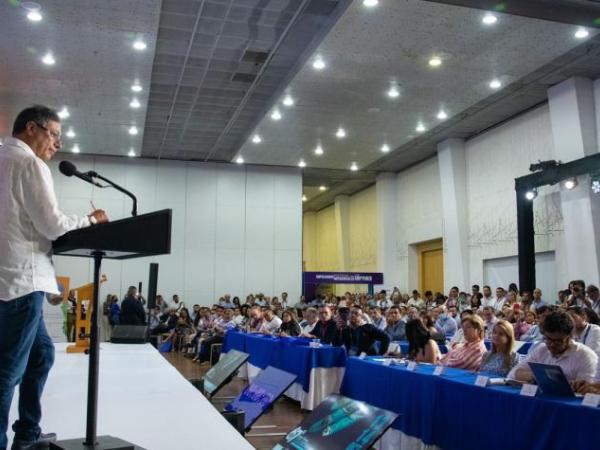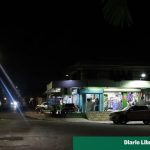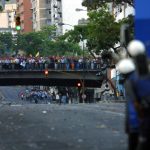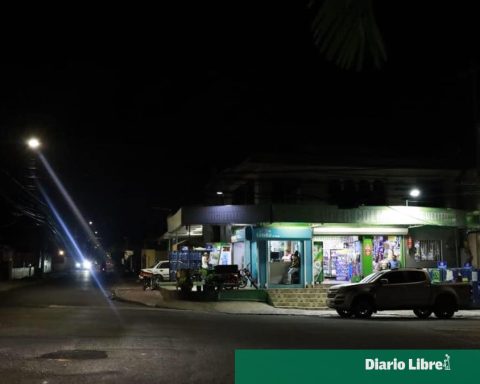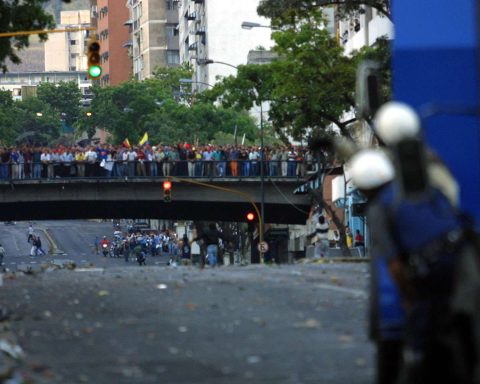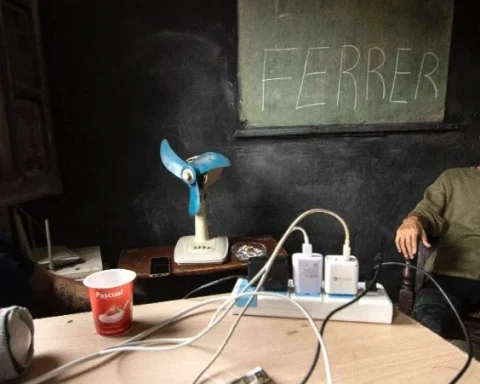The Colombian President Gustavo Petrowarned this Thursday that the rise in interest rates “will serve as a transmission belt for the world recession within the Colombian economy,” as opposed to what he advocated for a popular economy to face it.
“Worldwide we have a recession in sight and the interest rate increased in Colombia will serve as a transmission belt of the world recession within the Colombian economy“, argued the president, to add that “the question then is what does the Government do, which has nothing to do with the interest rate”.
“It is not easy at all, but I would tell you the following: the bet should be on the popular economy, the true capitalism of Colombia is in the popular economy,” assured the president during his speech at the National Congress of the National Association of Small and Medium Enterprises (Acopi)which is celebrated in the city of Barranquilla.
According to Petro, the recession that is already being experienced worldwide is caused by “the war, the very results of the collapse and the global paralysis resulting from the pandemic and global public policies“.
“There is already a recession in Germany, in England, the one in the US is already announced, the Chinese economy has largely come to a halt, and what we have in front of us is galloping international inflation”, which brings with it “a hunger problem” and that will cause “even greater exoduses, the Darién (the jungle that separates Colombia and Panama) is just the beginning”.
Faced with this, the president again questioned the decision of the Banco de la República, which has meant moving the interest rate from 1.75% to almost 10% in one year. “Will it allow growth? Will it allow economic reactivation? Will the popular economy flourish? Will large companies develop in Colombia? Will it reduce social inequality?” Petro questioned, assuring that the answer is “no.”
Petro already questioned the rise in interest rates at the beginning of the month, defending that it is going “against the economic growth and employment of Colombians” and that it has to do “with avoiding capital outflows due to the rise in US interest rates.”
Faced with the decision of the issuing entity, the Colombian president indicated that “The Government will deepen its anti-inflationary policy with structural measures“, among them “the tax reform for large fortunes, the fertilizer subsidy, the agrarian reform, food in poor neighborhoods, and the change in the energy rate formula.”
President was criticized for questioning the decision of Banco de la Repúblicathough he insisted that as president he can “publicly question, analyze and debate his decisions and their consequences.”
EFE
